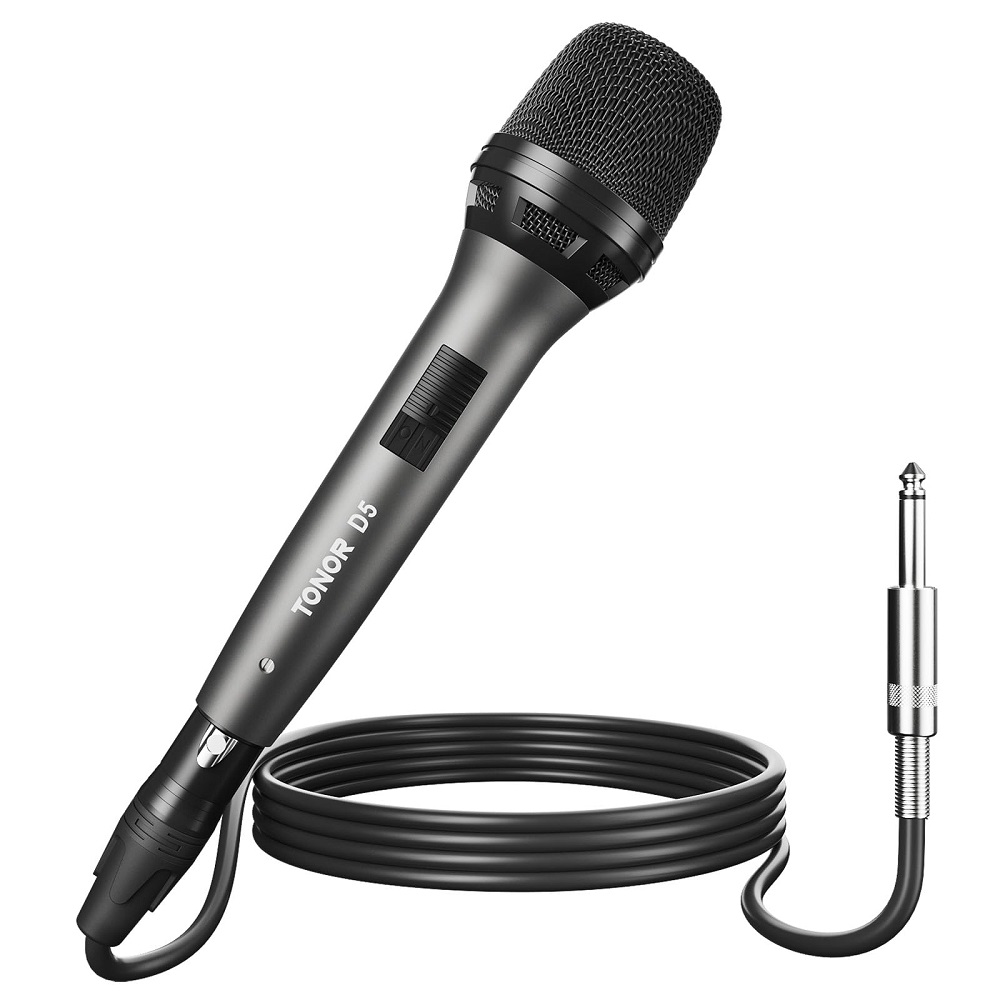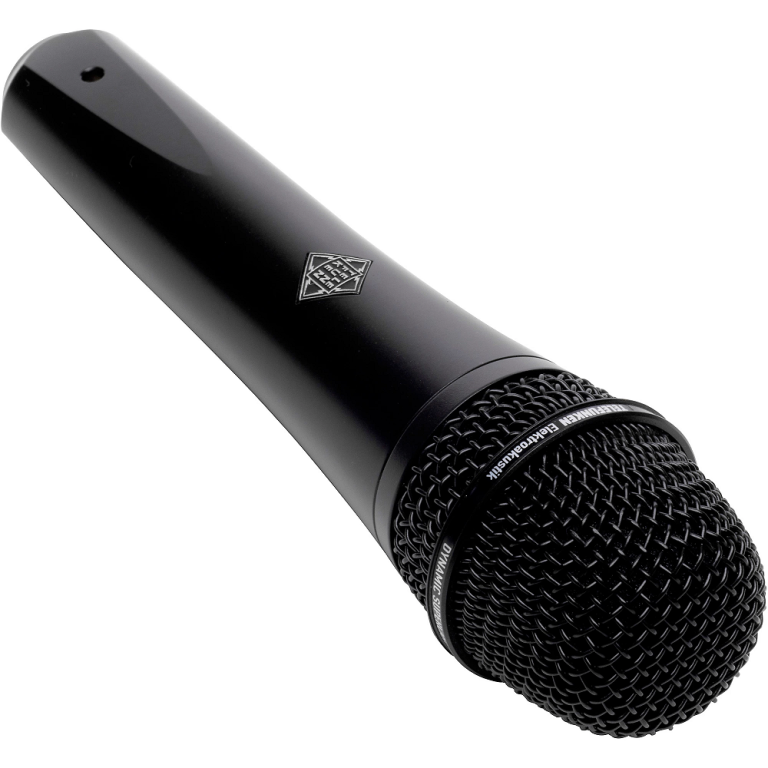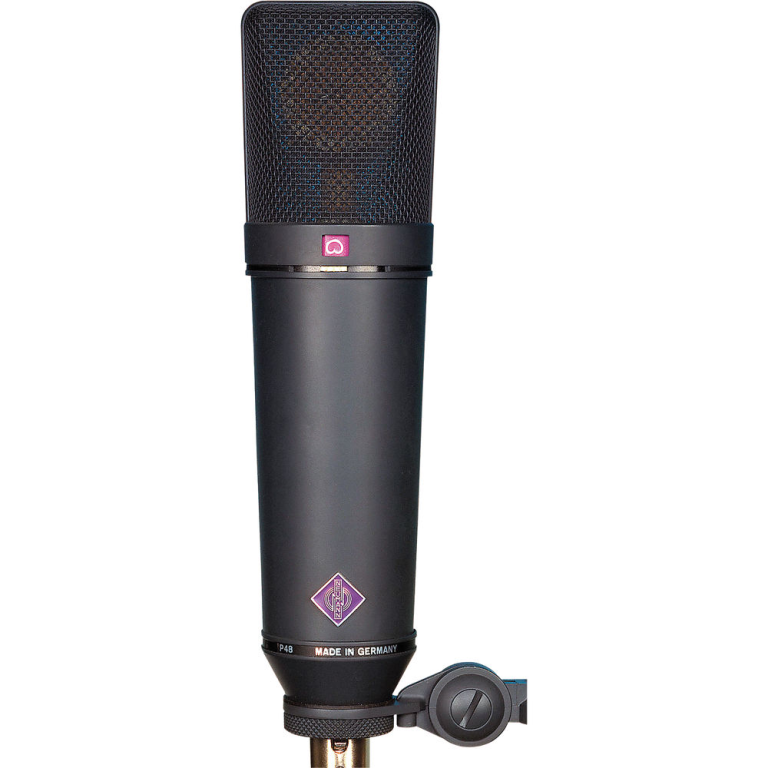Choosing the right microphone is essential for any singer aiming to achieve the best sound quality and performance. With countless options available, selecting the perfect microphone for your singing style can be overwhelming. Different microphones cater to various vocal techniques, genres, and settings. This guide will help you navigate the world of microphones, focusing on how to align your choice with your specific singing style to enhance your overall performance.
Understanding Microphone Types
Dynamic Microphones
Dynamic microphones are the most common type used in live settings. They are known for their durability and ability to handle high sound pressure levels. These microphones use a diaphragm that vibrates in response to sound waves, converting them into electrical signals. Dynamic mics are less sensitive than their condenser counterparts, which allows them to pick up vocal nuances without capturing excessive background noise. This characteristic makes them ideal for use on stage, especially in environments where there may be loud instruments.
One popular dynamic microphone is the Shure SM58, which has become a staple for live performances across genres. Its warm sound and robust build make it an excellent choice for rock, pop, and other performance-oriented styles. If you are a performer who moves around often or sings in a high-energy style, a dynamic microphone may be the right fit for you.
Condenser Microphones
In contrast to dynamic microphones, condenser microphones are known for their sensitivity and wider frequency response. They are often used in studio settings where capturing intricate vocal details is essential. Condenser mics require a power source, either through batteries or phantom power supplied by an audio interface or mixer.
These microphones excel in capturing the subtleties and nuances of a vocal performance. They are ideal for softer singing styles, ballads, or studio recordings where vocal detail is critical. Models like the Audio-Technica AT2020 or the Neumann U87 are renowned for their clarity and fidelity in studio environments. If your style leans more towards classical, jazz, or soft vocal performances, a condenser microphone could provide the depth and richness your voice requires.
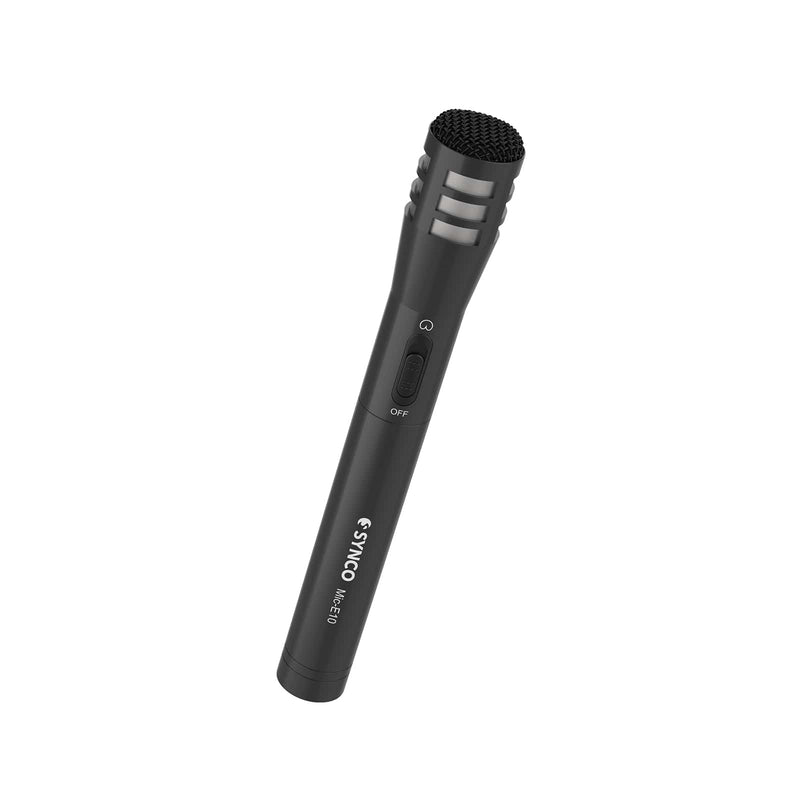
Consider Your Vocal Style
Genre-Specific Choices
Understanding your vocal style and genre can significantly impact your microphone choice. For instance, if you often perform pop songs with a lively tempo, a dynamic mic like the Shure SM58 may be suitable. However, if your style requires delicate nuances found in classical or jazz performances, investing in a condenser mic could be more beneficial.
Different genres may also demand different microphone techniques. For example, rock singers often hold their microphones closer to their mouths, while classical singers may prefer to maintain some distance to let their voices resonate naturally. This all ties back to the microphone type you use.
Voice Characteristics
Every singer has unique voice characteristics, such as tonal range and projection style. Before selecting a microphone, consider your natural voice. If you have a soft voice, a condenser microphone can amplify these subtleties without distortion. Conversely, if you have a powerful voice, a dynamic microphone with high sound pressure handling may be the way to go.
Testing a microphone with your voice can also help determine which one complements your vocal characteristics best. While specifications are essential, personal preference is equally critical. You may discover that a microphone sounds pleasing when you actually sing into it.
Setting and Purpose
Live Performances vs. Studio Recordings
The setting in which you primarily sing also plays a crucial role in your microphone choice. If you are performing live, durability and feedback rejection become essential considerations. Dynamic mics tend to excel in live settings because they are built to withstand the rigors of performance. The ability to minimize background noise makes them reliable options, especially when performing in crowded venues.
On the other hand, if you focus on studio recordings, consider the acoustics of your environment. Studio microphones need to capture every nuance of your voice, so a condenser microphone may be more effective in such scenarios. Factors such as mic placement, room acoustics, and recording techniques all contribute to the microphone’s final sound quality.
Specialized Setups
For certain setups, specialized microphones may be necessary. For example, if you perform on stage and utilize backing tracks or perform with a band, a lavalier or headset microphone might be beneficial. These types of microphones allow for hands-free movement, which is essential for dynamic performances. It is crucial to evaluate how you plan to use the microphone and consider practical features beyond sound quality alone.
When considering special setups, also think about whether you will be using effects or other amplification systems. Understanding your equipment can profoundly affect your final sound.
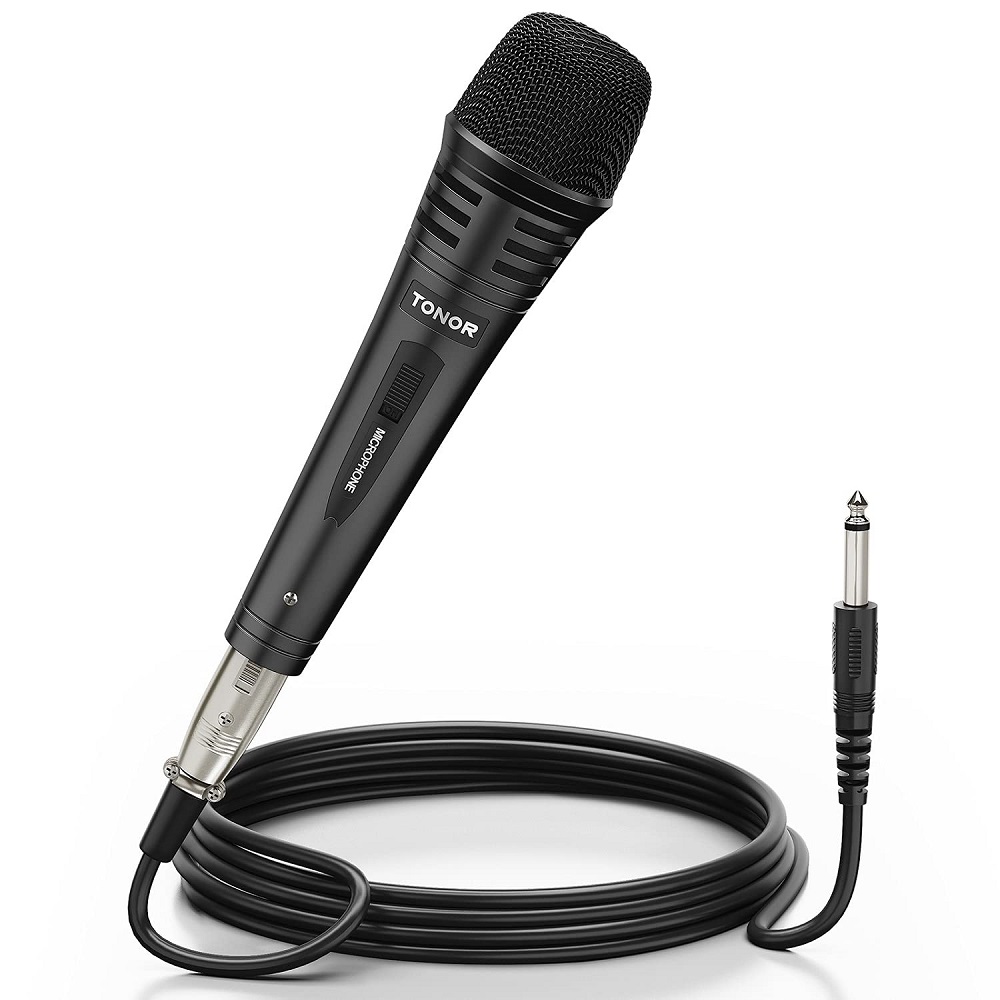
Testing Microphones
Getting Hands-On Experience
Before making a purchase, always try to test microphones wherever possible. Many music stores allow you to test microphones with headphones or through an audio system. Pay attention to how each microphone captures your voice and whether you prefer the sound of any particular model.
While testing, evaluate how comfortable you are with the microphone’s weight and design. You want to choose a microphone that not only sounds good but feels right in your hands. Consider how each microphone responds to your singing style and whether it enhances your natural sound.
Seeking Feedback
In addition to evaluating your experience, seek feedback from others. Share your microphone testing with trusted friends or fellow musicians. Their insights can provide valuable perspectives on how different microphones accentuate your voice.
Recording your voice with each microphone can also be an effective way to compare their qualities. Listening back will allow you to assess which microphone captures your voice’s essence most compellingly.
Budget Considerations
Finding Quality Within Your Price Range
Microphone prices can vary significantly, ranging from budget-friendly options to professional-grade equipment. It is crucial to determine your budget before starting your search. Understanding how much you are willing to spend helps narrow down your options.
For beginners, there are many affordable microphones that still deliver quality sound. Models like the Audio-Technica AT2020, priced typically under $100, are great starting points for those looking to record vocals without breaking the bank. As you advance in your singing career, upgrading to higher-quality microphones that meet your specific needs becomes more feasible.
Long-Term Investment
Investing in a quality microphone is a long-term commitment. Consider the microphone not just as a purchase but as a tool that can significantly enhance your performances. A well-made microphone may serve you for years, making it a wise investment, especially if you plan to pursue singing or recording seriously.
It’s important to look for trusted brands that offer warranties or guarantees. This can provide peace of mind as you invest in your audio equipment. A microphone is an essential part of your singing setup, and finding one that fits well within your budget while offering quality is crucial.
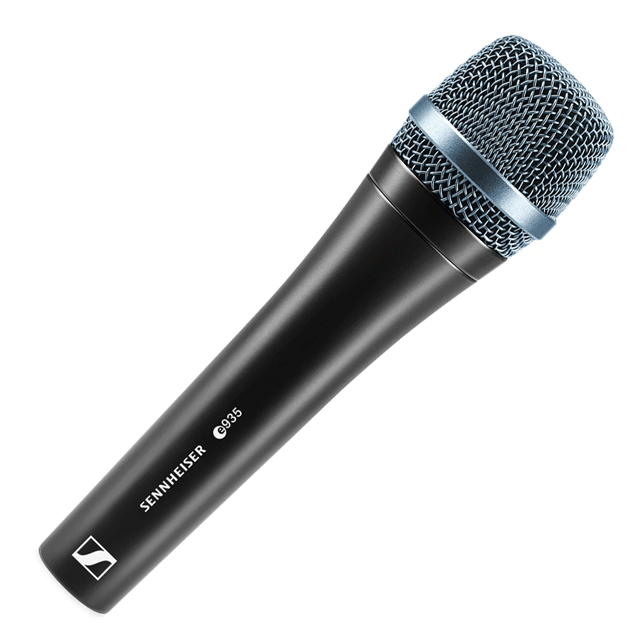
Accessories for Optimal Performance
Stands and Pop Filters
Once you select the right microphone, consider essential accessories to enhance its performance. Microphone stands provide stability during performance, which is especially important for studio recordings. A sturdy stand keeps your hands free and your microphone at an optimal height for sound capture.
Pop filters are another valuable accessory, particularly for condenser microphones. Pop filters reduce plosive sounds (like “P” and “B” sounds) that can distort recordings. Utilizing these accessories will ensure you get the best sound quality possible from your microphone.
Cables and Audio Interfaces
Also, consider purchasing quality XLR cables to connect your microphone to your audio interface or mixer. The quality of the cables can affect sound transmission. Investing in a good audio interface can improve sound quality if you are recording in a studio setting. An audio interface acts as a bridge between the microphone and your computer, ensuring clear and distortion-free recordings.
Ultimately, choosing the right accessories can elevate your overall vocal performance. Proper equipment not only enhances your sound quality but ensures a seamless experience during practice and performances.
Make the Right Choice
Aligning Options with Your Needs
Choosing the best microphone for your singing style requires careful consideration of many factors. From understanding microphone types to evaluating your vocal characteristics and performance settings, it is essential to align your microphone choice with your individual needs.
Testing various microphones is invaluable as it allows you to experience firsthand how each one complements your voice. Assess your budget and invest wisely in quality equipment that will serve you well over time.
Enhance Your Singing Experience
Whether you perform on stage or record in a studio, having the right microphone elevates your singing experience. It allows your unique sound to shine through, contributing to an overall better performance. Take your time in selecting the microphone that best suits your style and preferences. With the right tools at your disposal, you can confidently share your voice with the world. Enjoy the journey of discovering your perfect microphone and enhancing your vocal art!
